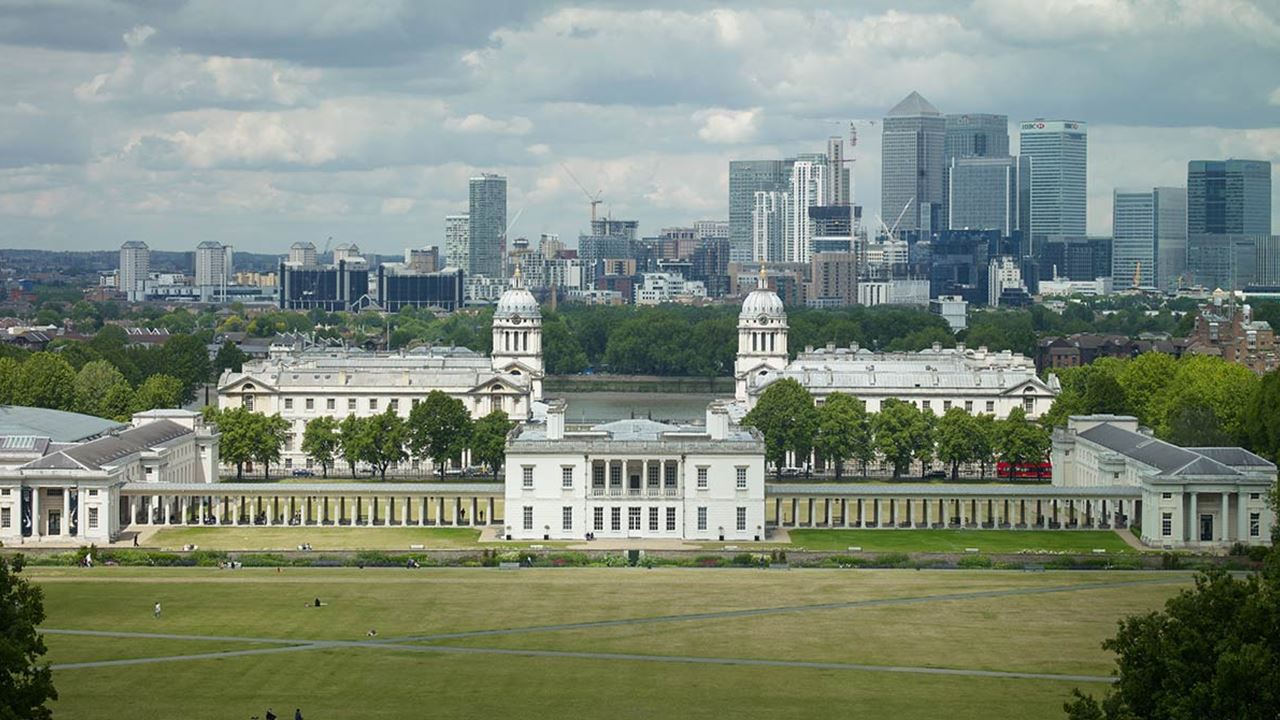The United Kingdom (UK) is made up of England, Northern Ireland, Scotland and Wales. Well-known for its beautiful countryside, rich history (and bad weather), it’s also home to one the most efficient healthcare systems in the world1 - the NHS (National Health Service).
Apart from prescriptions, optical services and dental care, the NHS is free for all UK residents. If you’re not a UK resident however, accessing healthcare in the UK can be a bit more complicated –but don’t worry, this guide will explain how it all works.
Who can use the NHS?
If you’re living in the UK, any emergency treatment for life-threatening conditions will be free - whether you’re a resident or not. But to use the NHS for general healthcare and non- emergency treatment, you’ll need to be a UK citizen or be what’s known as ‘ordinarily resident’. This is explained in more detail on the NHS website but it generally means you legally live and work in the UK.
Private Healthcare in the UK
The NHS is in very high demand, which means waiting times can be up to 18 weeks for a non-urgent appointment2. If you'd rather avoid this, and have access to a range of private medical facilities, some expats choose to take out private health insurance in the UK. You can also pay to see a private doctor or specialist without using insurance – though this can be expensive.


